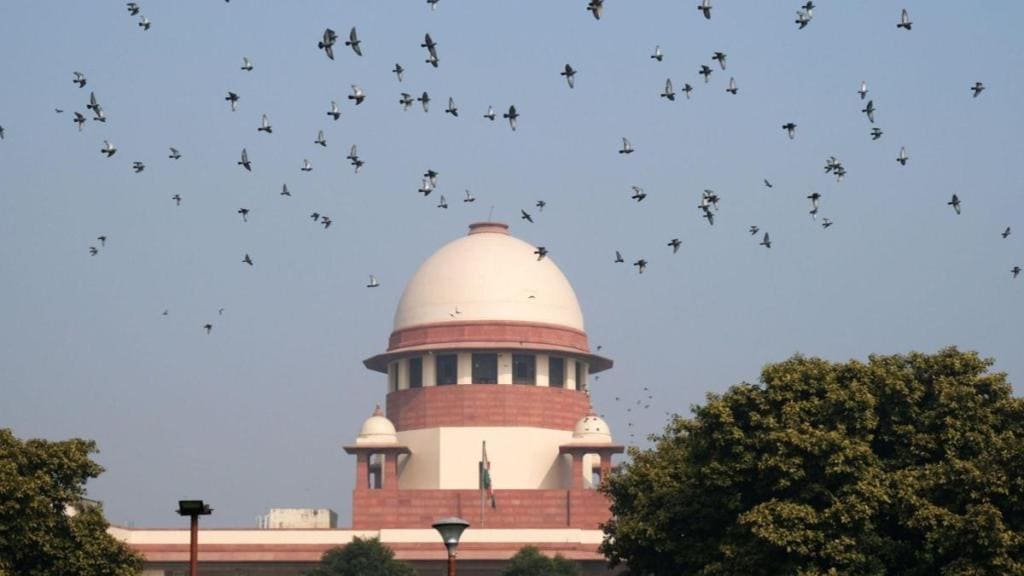The Kerala government has accused the Central government of stifling the state’s revenue streams by “arbitrarily imposing” a net borrowing ceiling, which it said is violative of the relevant provisions of the Constitution. In response to a note filed by the Centre in the Supreme Court, the Kerala government has said that under Article 293 of the Constitution, the states have the authority to set limits on their own borrowings.
In a move that has few precedents, the State of Kerala had filed a suit in the Supreme Court on December 13, seeking remedy against the Union government’s alleged trespasses on fiscal federalism, and “calculated” attempts to “reduce the state to extreme penury.”
The apex court is scheduled to hear the matter next week.
“Since these legislations enacted by a state are in place, for this reason too, the Union Government cannot through mere executive orders under Articles 293(3) and 293(4) subvert the operation of a valid state legislation under the Constitution and coercively impose any limits on its borrowings overriding the Legislature of the State,” the state government said in response to the Centre’s
The Centre had said in its note that all the states in India are indebted to the Centre and hence require its permission to borrow from any source. “While giving this permission, the Centre keeps in mind the overall objectives of macroeconomic stability of the country as a whole and fixes a borrowing limit for the State seeking its permission, under Article 293(4).”
“The borrowing limits of states are fixed in a non-discriminatory and transparent manner guided by the recommendations of the Finance Commission (FC). The Commission also while making its recommendations keeps in mind the spirit of the FRBM Acts which strive ultimately to achieve a fiscal deficit target not exceeding 3% of the Gross State Domestic Product (GSDP) of a state,” said the Centre.
The Kerala government, however, contests that it was only in the recommendations of the Twelfth Finance Commission (covering the period 2005-2010) that the recommendation on borrowing limits was included. “Unlike what is sought to be conveyed by note, the limit of 3% recommended by the Finance Commission thus has a history of less than two decades,” it stated.
The Kerala government also noted that the Finance Commission reports “do not and cannot” legally assign the Centre with the responsibility of ensuring that the states adhere to fiscal deficit targets recommended by the FC.
“The respective states have enacted their own fiscal responsibility legislations, and it is for the states to take measures to implement such recommendations in relation to (their) fiscal deficit…,” it said while adding that FC’s recommendations can’t override Article 293 of the Constitution.
According to the suit filed by Kerala under Article 131 of the Constitution, the (Centre’s) FRBM Act 2003 amounted to “blatant encroachment into the legislative domain” of the State as ‘Public debt of the State’ was an item that is exclusively in the State List. It also accused the Centre of inflicting “severe damage” to its economy by “interfering with” its finances. It urged the court to restore the Net Borrowing Ceiling, as fixed by the Kerala Fiscal Responsibility Act, 2003, and expressed the fear that unless this is done, its “treasury operations will be halted or starkly curtailed.”
On February 20, Kerala’s Finance Minister KN Balagopal said that the central government has informed the apex court that if Kerala withdraws its petition, the government will give the state permission to borrow around Rs 12,000 crore. The state has refused to withdraw its plea.
The Supreme Court will hear the case on March 6 and 7, but has asked the Centre and the Kerala government to keep the channels of negotiations open to resolve the dispute.


